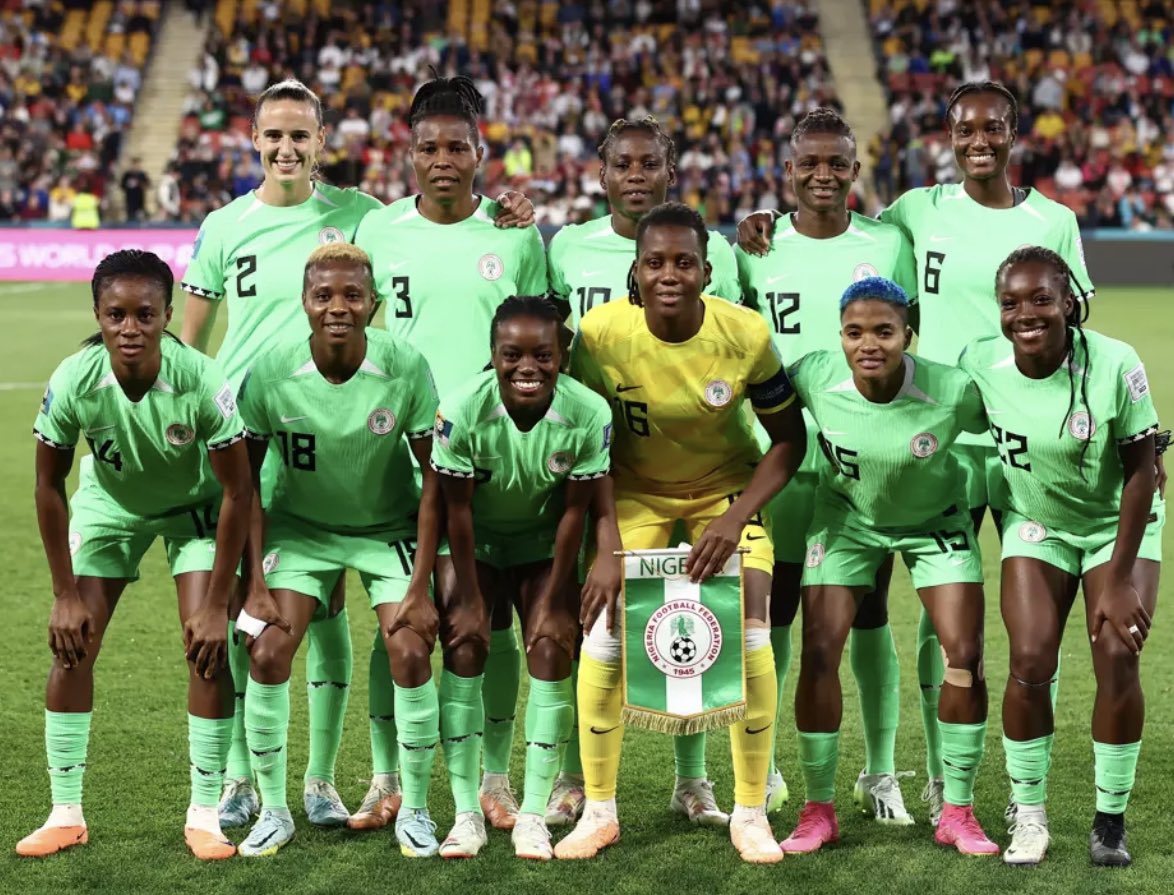Ibrahim Gusau, the President of the NFF, delivered this announcement on Thursday, August 24th, during his appearance before the House ad-hoc committee following a summons.
During the committee session, it was highlighted that the NFF has already settled the match bonuses and allowances owed to the Super Falcons, and these payments were disbursed the previous Friday.

Responding to inquiries from Blessing Oni, the chairman of the ad hoc committee, regarding unpaid allowances for the Super Falcons during the 2019 FIFA Women’s World Cup, Gusau clarified that no funds were allocated for that event. However, he disclosed that in the 2023 FIFA Women’s World Cup hosted by Australia and New Zealand, a sum of $960,000 was distributed among all 32 qualifying countries.
Gusau elaborated that this financial allocation from FIFA was designated for the preparation of the participating teams for the upcoming World Cup, and it couldn’t be directed towards settling outstanding allowances from the 2019 FIFA Women’s World Cup.
Inquiring about the funding of the Super Falcons’ participation in the 2019 FIFA Women’s World Cup held in France, the Chairperson of the House ad hoc committee, Onu, expressed dissatisfaction with the NFF’s explanation. Consequently, she instructed the NFF to provide documentation by August 30, 2023, detailing how the Super Falcons were financed during the 2019 tournament, including a breakdown of match bonus payments for the 23 players and the coaching staff.
Based on the findings of the ad hoc committee’s investigation into the NFF’s financial sources, the President of the NFF clarified that their primary funding typically comes from both CAF and FIFA.
Furthermore, the NFF underscored that their operational expenses are not supported by the Federal Government. Instead, the federation relies on funding from FIFA to cover these costs.





